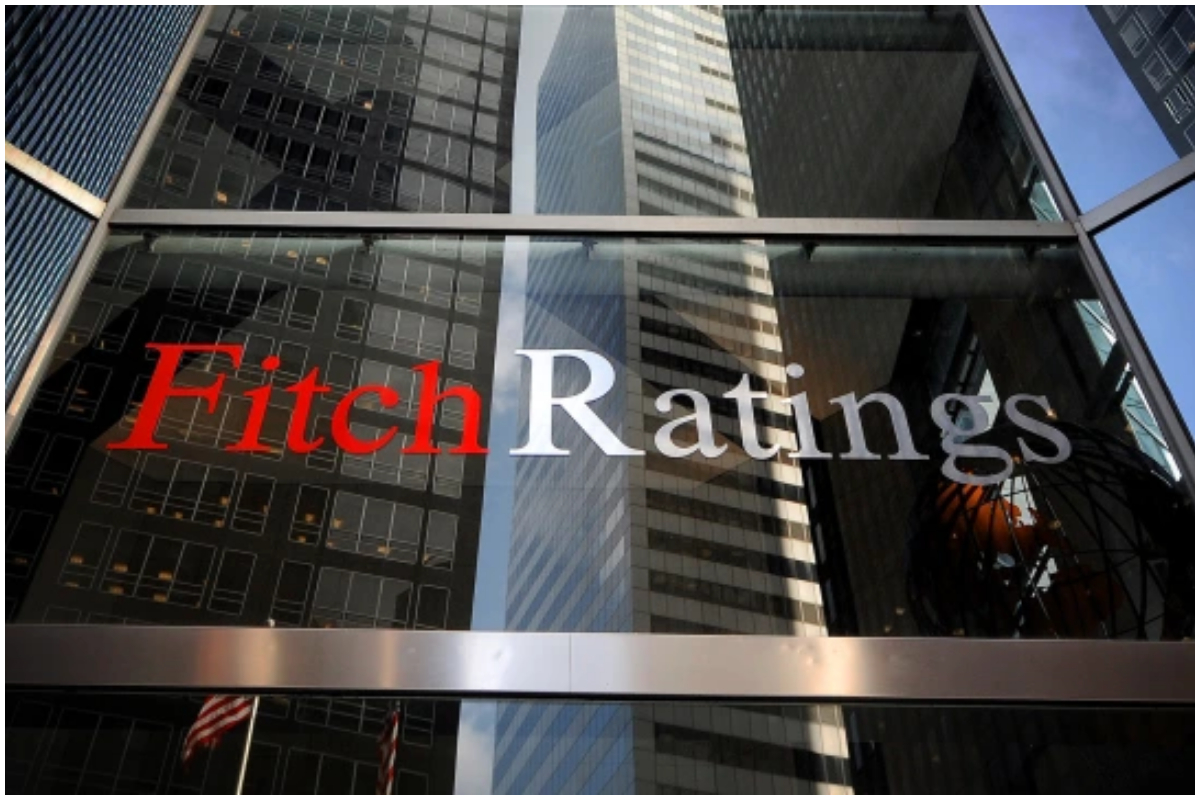- Fitch upgraded Pakistan’s long-term issuer default rating.
- The credit rating has been improved to ‘CCC’ from ‘CCC-’.
- It cited improved external liquidity and funding conditions.
Global rating agency Fitch on Monday upgraded Pakistan’s long-term foreign currency issuer default rating (IDR) to ‘CCC’ from ‘CCC-’, citing improved external liquidity and funding conditions.
The announced following the staff-level agreement with the International Monetary Fund (IMF) on a nine-month Stand-by Arrangement (SBA) in June. The IMF executive board will meet on July 12 to review the arrangement for Pakistan.
In a statement issued, Fitch said he upgrade reflects Pakistan’s improved external liquidity and funding conditions following its Staff-Level Agreement (SLA) with the IMF on a nine-month Stand-by Arrangement (SBA) in June.
“We expect the SLA to be approved by the IMF board in July, catalysing other funding and anchoring policies around parliamentary elections due by October,” it said, adding that the programme’s implementation and external funding risks remain due to a “volatile political climate and large external financing requirement”.
Regarding the IMF-driven reforms taken by the government, the agency noted that Pakistan has recently taken measures to address shortfalls in its revenue collection, energy subsidies and policy inconsistent with a market-determined exchange rate, including import financing restrictions.
It said these issues had held up the last three reviews of Pakistan’s previous IMF programme, before its expiry in June.
“Most recently, the government amended its proposed budget for the fiscal year ending June 2024 (FY24) to introduce new revenue measures and cut spending, following additional tax measures and subsidy reforms in February. The authorities appeared to abandon exchange-rate management in January 2023, although guidelines on prioritising imports were only removed in June.”
On risks regarding the implementation of the programme, Fitch said Pakistan had an “extensive record of going off-track on its commitments to the IMF”.
“We understand the government has already made all the required policy actions under the SBA. Nevertheless, there is still scope for delays and challenges to implementation as well as new policy missteps ahead of the October elections and uncertainty over the post-election commitment to the programme,” it stated.
The global agency said IMF’s board approval would unlock an immediate disbursement of $1.2 billion, with the remaining $1.8 billion scheduled after reviews in November and February 2024.
It added that Saudi Arabia and the United Arab Emirates have committed another $3 billion in deposits, and the authorities expected $3-$5 billion in other new multilateral funding after the IMF agreement.
“The SBA should also facilitate disbursement of some of the $10 billion in aid pledges made at the January 2023 flood relief conference, mostly in the form of project loans (USD2 billion in the budget).”
On Pakistan’s overall funding target ambitions, the agency said authorities expected $25 billion in gross new external financing in FY24 against $15 billion in public debt maturities, including $1 billion in bonds and $3.6 billion to multilateral creditors.
“The government funding target includes $1.5 billion in market issuance and $4.5 billion in commercial bank borrowing, both of which could prove challenging, although some of the loans not rolled over in FY23 could now return,” it said, adding that $9 billion in maturing deposits from China, Saudi Arabia and the UAE would likely be rolled over as in FY23.
Fitch further stated that Pakistan’s current account deficit (CAD) had narrowed because of the earlier restrictions on imports and the availability of foreign exchange, tighter fiscal and economic policies, measures to limit energy consumption and lower commodity prices.
The agency said currency depreciation could limit this increase while remittance inflows could recover after “partly switching to unofficial channels to benefit from more favourable parallel market exchange rates”.
Regarding the volatile politics, the agency said protests by supporters of former prime minister Imran Khan and his PTI party sharply intensified in May as Mr Khan was briefly arrested on corruption charges, culminating in attacks on army facilities.
“In the ensuing crackdown, a large number of PTI members were arrested, with several high-ranking PTI politicians quitting politics. Nevertheless, the enduring popularity of Mr Khan and PTI create policy uncertainty around elections,” it added.

















